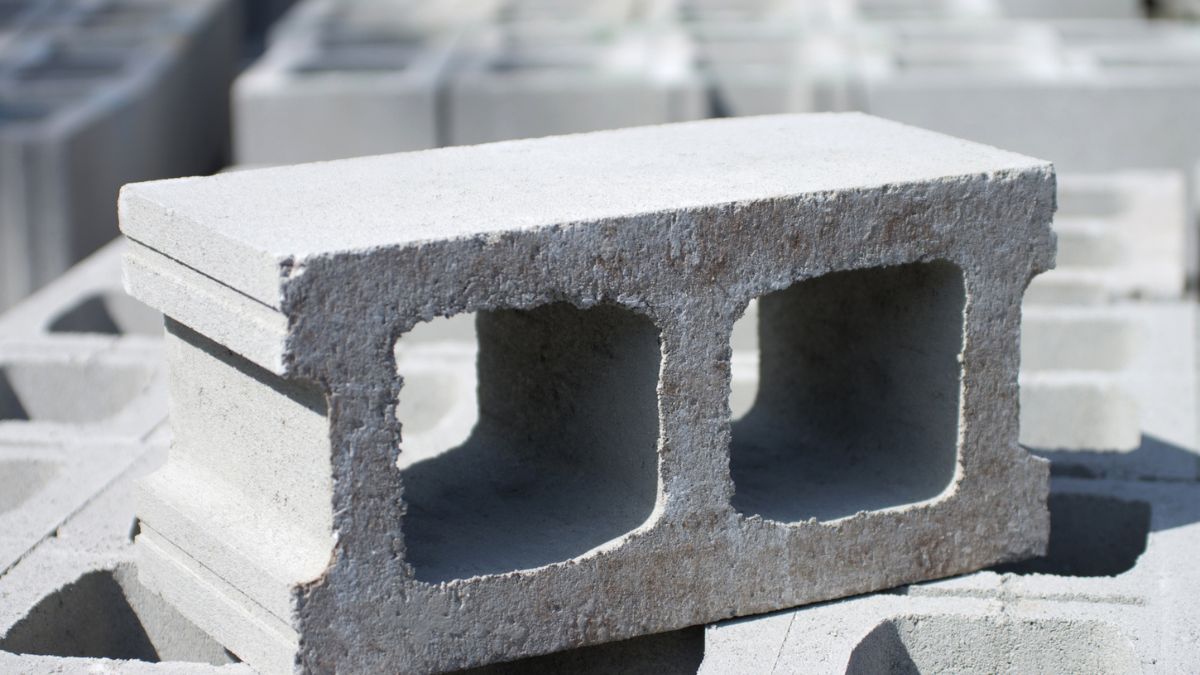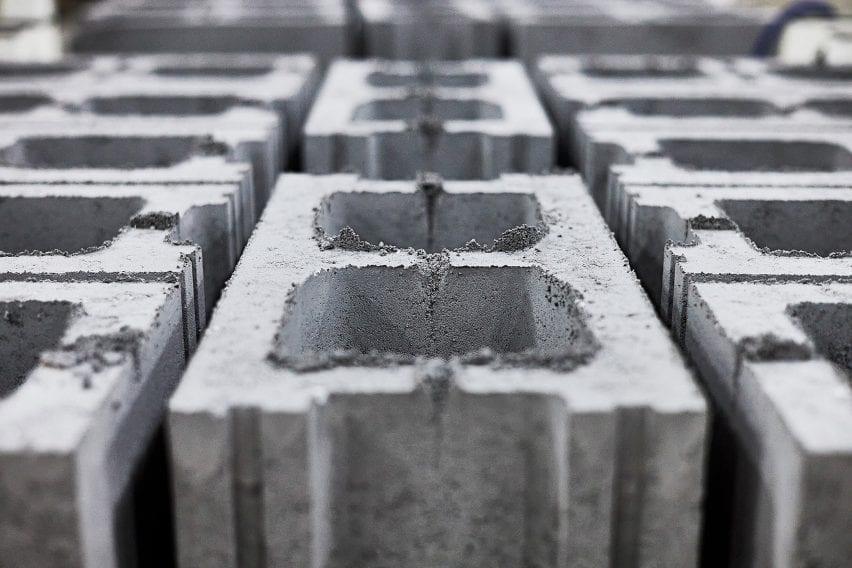Concrete blocks made by this Montreal tech company reduce atmospheric carbon dioxide
December 27, 2022 By Monica Green

(Image Credit Google)
The cement and concrete industry is one of the most underappreciated sectors in the fight against climate change. According to a
DW analysis, it produces more than twice as much carbon dioxide as flying or shipping and is responsible for 8% of global emissions.
But despite the severe harm it causes to our environment, it continues to play a crucial role in our daily life. For the construction of homes, buildings, and other structures, we rely on cement. In order to meet the need for infrastructure, more than 4 billion tonnes of cement are actually produced annually.
Thanks to the innovative carbon removal technology developed by
CarbiCrete and initially reported by Interesting Engineering, concrete without cement and with a carbon negative balance may be produced from industrial wastes and absorbed carbon dioxide.
[caption id="" align="aligncenter" width="852"]

Image credit- Dezeen[/caption]
The chief marketing officer of CarbiCrete, Yuri Mytko, claims that for every tonne of concrete produced using the CarbiCrete technology, 150 kilogrammes (kg) of CO2 are reduced or eliminated.
Precast building materials are now a viable alternative to cement-based ones in terms of durability, cost, and environmental impact.
The company offers the steps and help needed for concrete producers to incorporate this replacement technology into their existing facilities. According to Mytko, the process is identical to producing cement-based concrete with the exception of two key points.
One is that powdered steel slag, a byproduct of the steel-making process, is used in place of cement, which serves as the mixture's binder. In addition, a bespoke, sealed absorption chamber is used to cure the concrete rather than heat or steam.
Throughout this carbonation process, the CO2 is retained and converted into stable calcium carbonates, filling in the gaps in the matrix to produce a thick structure and bolster the concrete.
[caption id="" align="aligncenter" width="1920"]

Image credit- Interesting Engineering[/caption]
Because its method can be implemented into any existing concrete manufacturing facility, CarbiCrete wants to licence its carbon-negative concrete technology to manufacturers worldwide.
When Does the Production Begin?
By working with Quebec-based concrete maker Patio Drummond, the company will increase output to 25,000 units per day.
The industrial-scale pilot project will be located at Drummond's precast factory in Drummondville, Quebec. According to Mytko, production of the first commercially accessible carbon-negative concrete blocks will begin in the coming weeks.
The CEO added that the blocks are also less expensive since steel slag, which is typically regarded as waste, is used in place of cement in their manufacturing process.


 Image credit- Dezeen[/caption]
The chief marketing officer of CarbiCrete, Yuri Mytko, claims that for every tonne of concrete produced using the CarbiCrete technology, 150 kilogrammes (kg) of CO2 are reduced or eliminated.
Precast building materials are now a viable alternative to cement-based ones in terms of durability, cost, and environmental impact.
The company offers the steps and help needed for concrete producers to incorporate this replacement technology into their existing facilities. According to Mytko, the process is identical to producing cement-based concrete with the exception of two key points.
One is that powdered steel slag, a byproduct of the steel-making process, is used in place of cement, which serves as the mixture's binder. In addition, a bespoke, sealed absorption chamber is used to cure the concrete rather than heat or steam.
Throughout this carbonation process, the CO2 is retained and converted into stable calcium carbonates, filling in the gaps in the matrix to produce a thick structure and bolster the concrete.
[caption id="" align="aligncenter" width="1920"]
Image credit- Dezeen[/caption]
The chief marketing officer of CarbiCrete, Yuri Mytko, claims that for every tonne of concrete produced using the CarbiCrete technology, 150 kilogrammes (kg) of CO2 are reduced or eliminated.
Precast building materials are now a viable alternative to cement-based ones in terms of durability, cost, and environmental impact.
The company offers the steps and help needed for concrete producers to incorporate this replacement technology into their existing facilities. According to Mytko, the process is identical to producing cement-based concrete with the exception of two key points.
One is that powdered steel slag, a byproduct of the steel-making process, is used in place of cement, which serves as the mixture's binder. In addition, a bespoke, sealed absorption chamber is used to cure the concrete rather than heat or steam.
Throughout this carbonation process, the CO2 is retained and converted into stable calcium carbonates, filling in the gaps in the matrix to produce a thick structure and bolster the concrete.
[caption id="" align="aligncenter" width="1920"] Image credit- Interesting Engineering[/caption]
Because its method can be implemented into any existing concrete manufacturing facility, CarbiCrete wants to licence its carbon-negative concrete technology to manufacturers worldwide.
Image credit- Interesting Engineering[/caption]
Because its method can be implemented into any existing concrete manufacturing facility, CarbiCrete wants to licence its carbon-negative concrete technology to manufacturers worldwide.






